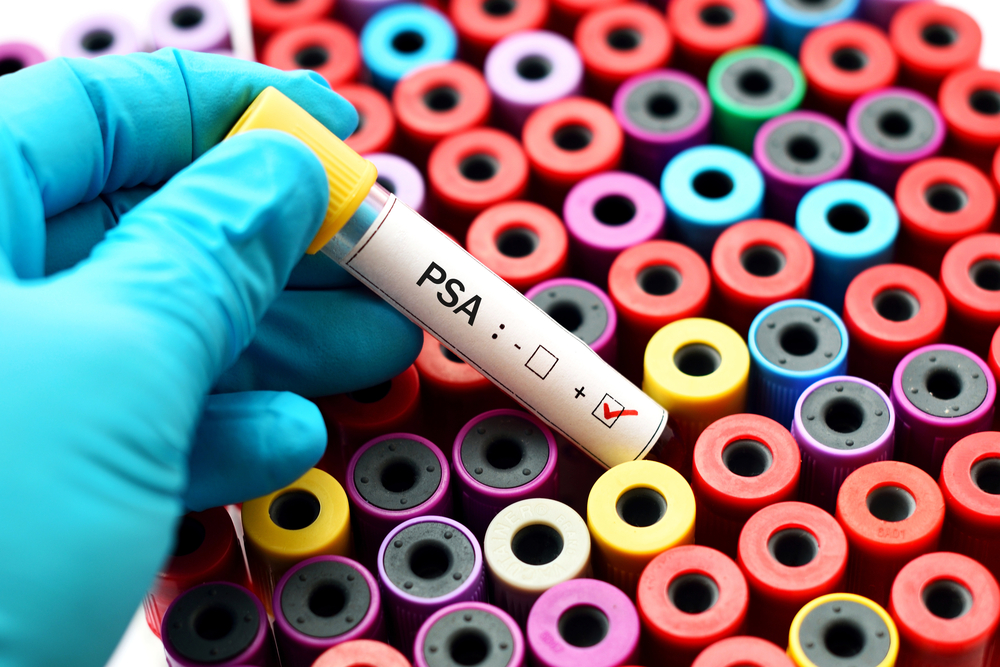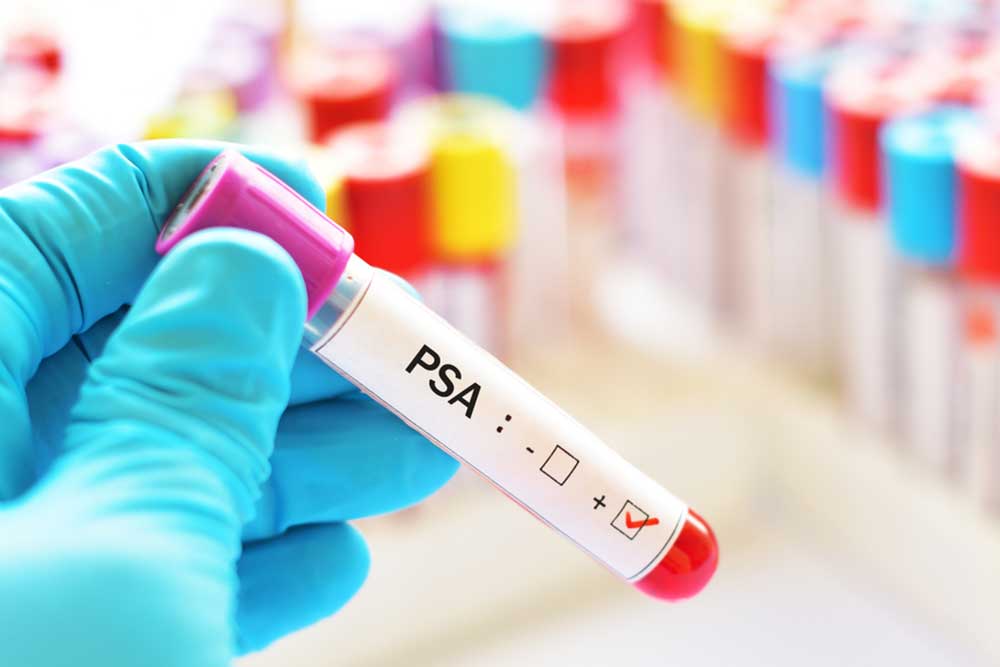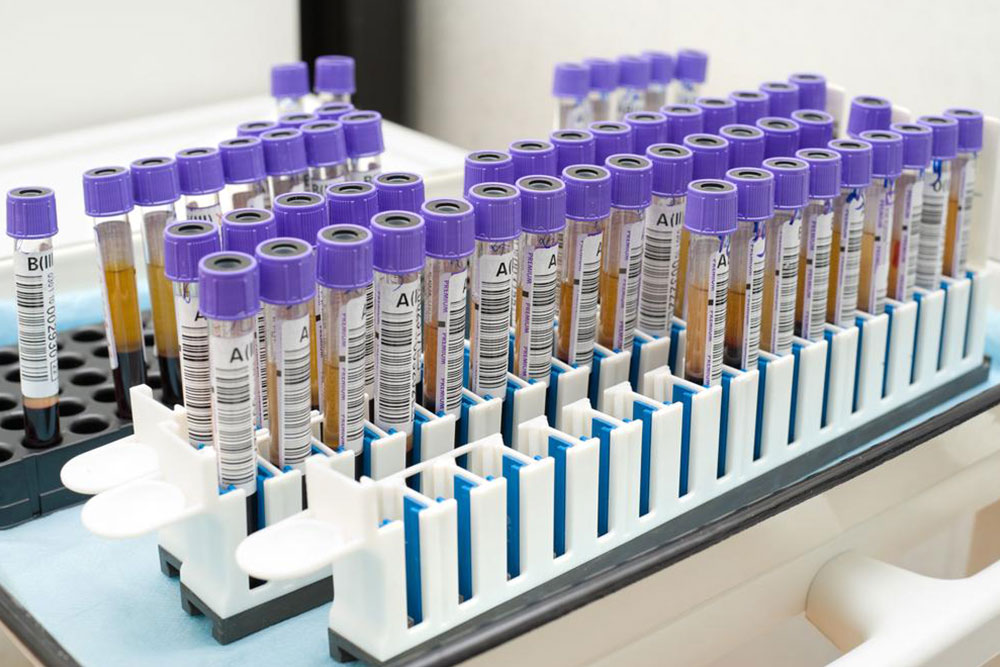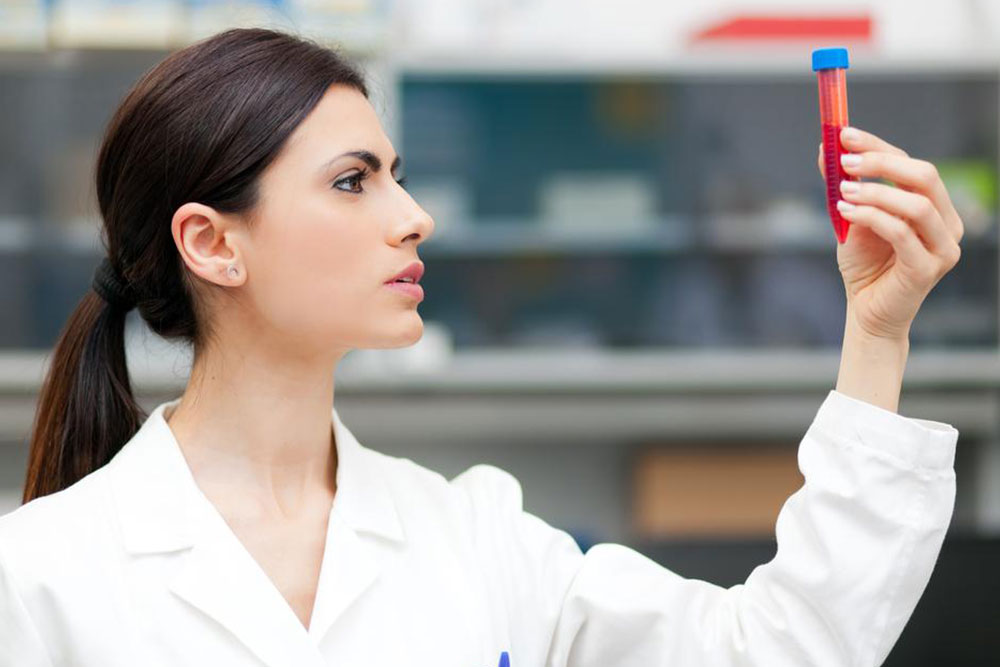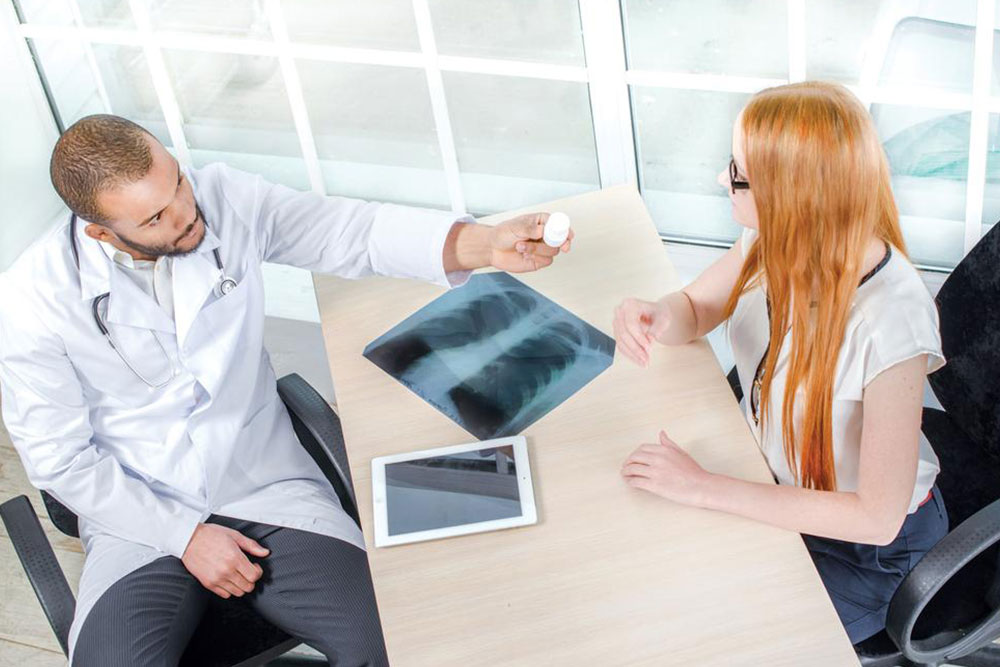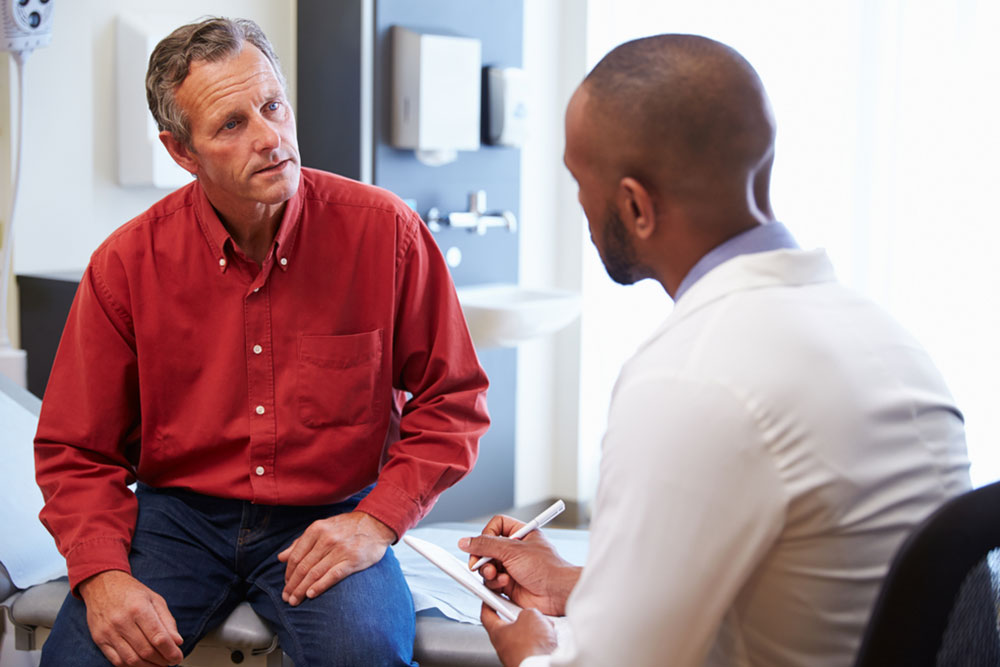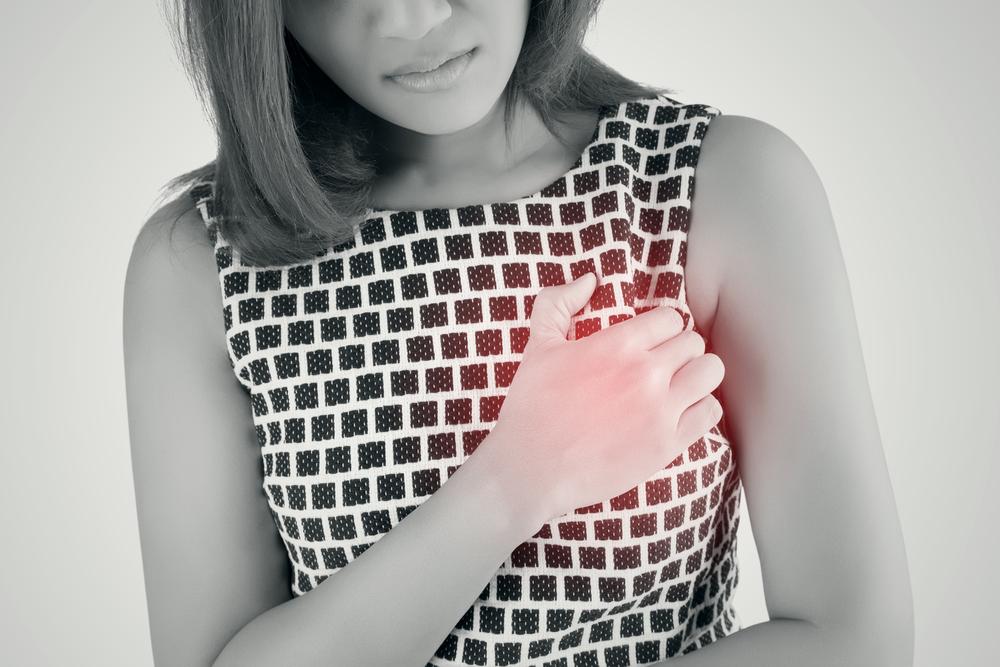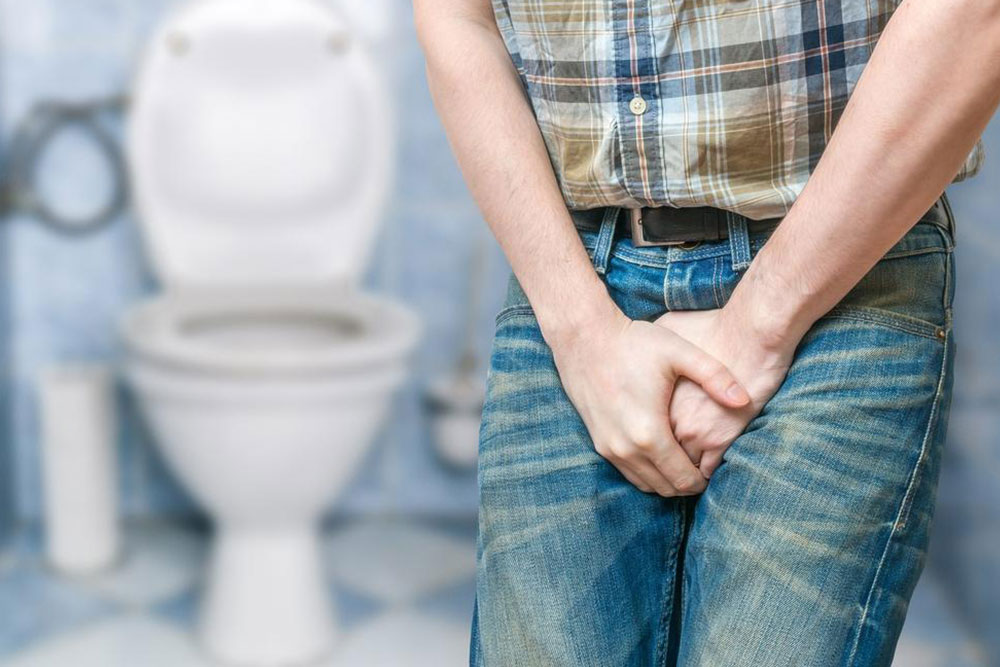Factors Leading to Elevated PSA Levels
Elevated PSA levels can stem from various causes beyond prostate cancer, including infections, benign enlargement, and recent activities like cycling or ejaculation. Understanding these factors helps in accurate diagnosis and management. Regular screening and consulting with a healthcare provider are essential for proper assessment. This comprehensive overview clarifies what can influence PSA results, promoting better awareness and early detection.
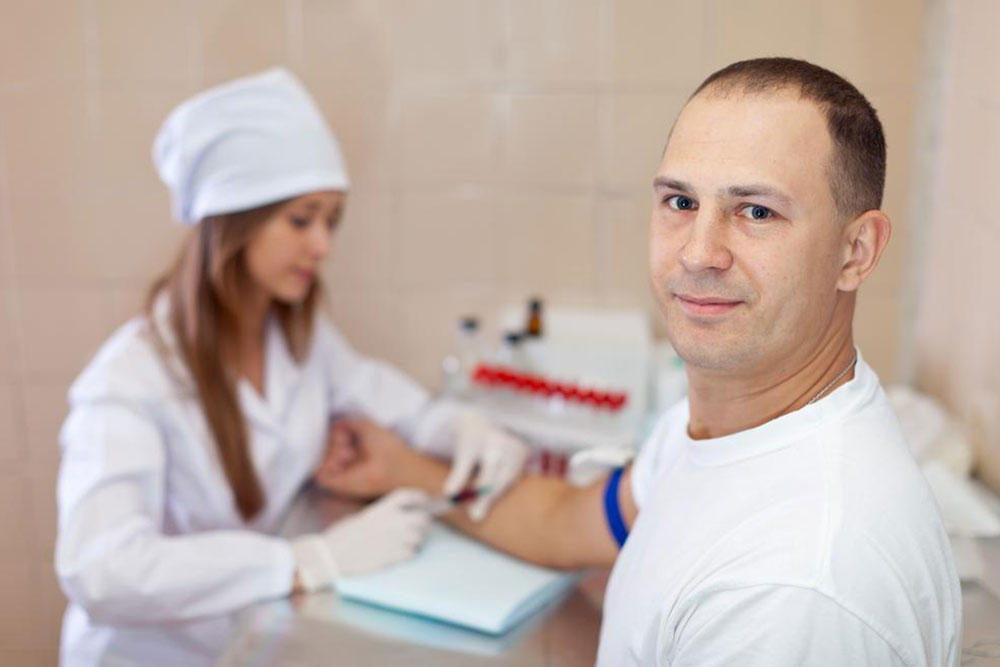
Factors Leading to Elevated PSA Levels
An increased prostate-specific antigen (PSA) level can signal prostate cancer, but it may also indicate other benign conditions. The PSA test measures a protein produced by the prostate gland, and its levels can fluctuate due to various factors. While prostate cancer can cause PSA elevation, other causes such as infections, medical procedures, and benign enlargements can also result in higher readings. Understanding these factors can help in better diagnosis and management.
Medical interventions:
Certain procedures involving the prostate or nearby areas can temporarily raise PSA levels due to trauma or irritation.
Benign prostatic hyperplasia (BPH):
Men over 50 often experience prostate enlargement, known as BPH. This condition increases PSA levels without indicating cancer, as the larger gland produces more PSA. BPH typically does not require treatment unless urinary symptoms interfere with daily life. For suspicion of cancer, a digital rectal exam (DRE) is performed for further assessment.
Urinary tract infections (UTIs):
Infections near the prostate can cause inflammation and elevated PSA. It’s advisable to wait until the infection resolves before conducting a PSA test for accurate results.
Ejaculation:
Recent ejaculation can cause temporary PSA elevation. To ensure accurate testing, wait 48–72 hours after ejaculation before undergoing a PSA test.
Prolonged cycling:
Extended bike rides may slightly increase PSA levels due to perineal pressure or trauma. Though not always significant, extreme or prolonged cycling might contribute to higher PSA readings.
Note:
The information provided aims to increase awareness of factors influencing PSA levels. It is not a substitute for medical advice, diagnosis, or treatment. Always consult healthcare professionals for personalized guidance.


